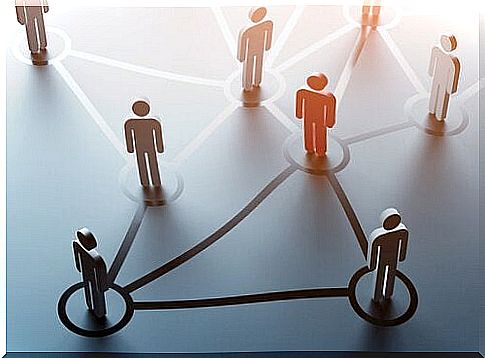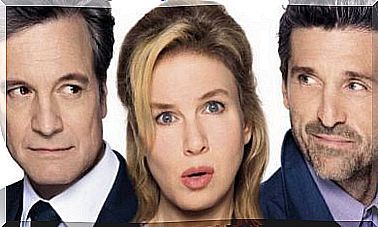What Is Holacracy?

Although this system may seem strange and lawless, some organizations have already adopted it in Australia, Germany, the United States, France, New Zealand and the United Kingdom.
Origins of holacracy
The holacracy system was first developed in the IT company of Ternary Software in Exton (USA). Its founder was Ternary Brian Robertson, who in 2007 put the early ideas of an innovative organizational system into practice.
It was not until a little later, in 2010, that the Holocracy Constitution developed. It establishes the principles and practices to be followed. These form the basis of the organizational system. The constitution serves as a guide for all these companies who would like to establish their organization chart based on this idea.

Although Robertson was the first to give it shape, the term holacracy derives from the word holarchy, coined by novelist and essayist Arthur Koestler. In his book The ghost in the machine , published in 1967, he evokes the idea of an organization that consists of holons.
The holons are autonomous and self-sufficient units that depend on their own group. Therefore, a holacracy would be a collection of self-regulating units which, however, function independently.
New features introduced by holacracy
Holacracy ultimately arises as a system that tries to oppose the classic corporate hierarchy. She seeks to put aside the figure of the leader to establish a theoretically more egalitarian and efficient organization.
Organizational differences
One of the main differences in the organization of the company through the establishment of a holacracy is the elimination of a structure in which we “lock up” each employee to a fixed position. Consequently, the functions of each worker would cease to be described in an organization chart.
Holacracy therefore offers a structure in which each employee can develop multiple functions within the company. He would also be part of different teams at the same time. In addition, he would see his tasks constantly updated to adapt to the needs of each group.
Differences in authority
In the more traditional organizational model, the structure of the company is not very dynamic, if at all. Orders always come from the highest spheres. People at lower levels of the organization chart should follow them.
Holacracy is constantly trying to change the structure of the company. Thus, each work team has the right to organize itself according to the objective to be achieved.

Differences vis-à-vis the company’s philosophy
One of the most important aspects of the holacracy system is that all of its members must follow clearly defined rules. This includes the CEO or executive director. This philosophy should not follow orders that come from above, by authority.
Therefore, the basic idea is that of full transparency at the level of the rules. The impact of company policy on the activities of work teams must therefore decrease. Furthermore, decision-making will depend less on those in positions of authority.
The government of holacracy
In a company that practices holacracy, work is divided into roles that are frequently updated. Thus, the employees have full autonomy and decide how they will develop their functions. Their preference should not, however, be detrimental to their co-workers.
In addition, the holacracy must be able to rely on periodic meetings. During these last, all the roles of the organizational circuit can intervene to review and readjust their work.
Finally, thanks to these meetings, constant interaction between the different circles will be encouraged. Communication will be more effective between work teams who share members. These members can take on the roles of leader, secretary or representative depending on what each team requires.










